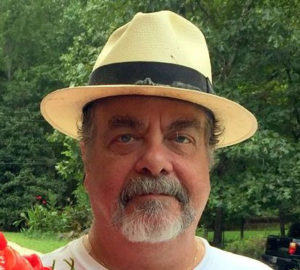An official in Liberia’s national labor court has been cleared of wrongdoing in a missing check scandal that caused temporary closure of the Liberia Baptist Theological Seminary and forced its American president into hiding to avoid arrest.
Front Page Africa reported that Sheriff Major Helena N. Williams, a government employee assigned to the court, “humanly erred” by failing to file a photocopy of a $33,000 check she cashed in 2014.

Richard Wilson
In January National Labor Court Judge Comfort Natt ordered closure of the school opened in 1976 by the Liberia Baptist Missionary and Educational Convention in partnership with Southern Baptist missionaries for non-payment of a judgment awarded to a former president who sued the seminary after his removal in 2007. After negotiations with former President Lincoln Brownell’s legal team, the shutdown was lifted in February.
In June the labor court judge issued a writ of execution ordering sale of the property and issuing a warrant for current President Richard Wilson.
The Supreme Court of Liberia put the sale on hold and voided the warrant against Wilson after seminary officials produced bank records showing that Williams received and cashed the missing check dated Feb. 13, 2014.
A Ministry of Justice probe cleared Sheriff Williams of any malpractice, while issuing a “strong warning in the discharge of her duties,” according to Front Page Africa. The investigation also took attention off Judge Natt, calling it “regrettable” that the check went missing while she was out on sick leave.
Wilson, a professor at Mercer University elected president of the Liberia Baptist Theological Seminary in 2013, said it is unlikely the seminary will seek any legal recourse for inconvenience and damage to its reputation.
“We are ready — and have been ready for a long time — to focus on the future,” Wilson said in an email.
Wilson, assigned the leadership task of rebuilding the seminary following Liberia’s 1989-2003 civil war, said each time there was an attempt to close the seminary or he went into hiding to avoid arrest, he “used the solitude as a chance to focus upon the positive things we were doing.”
Previous stories:
